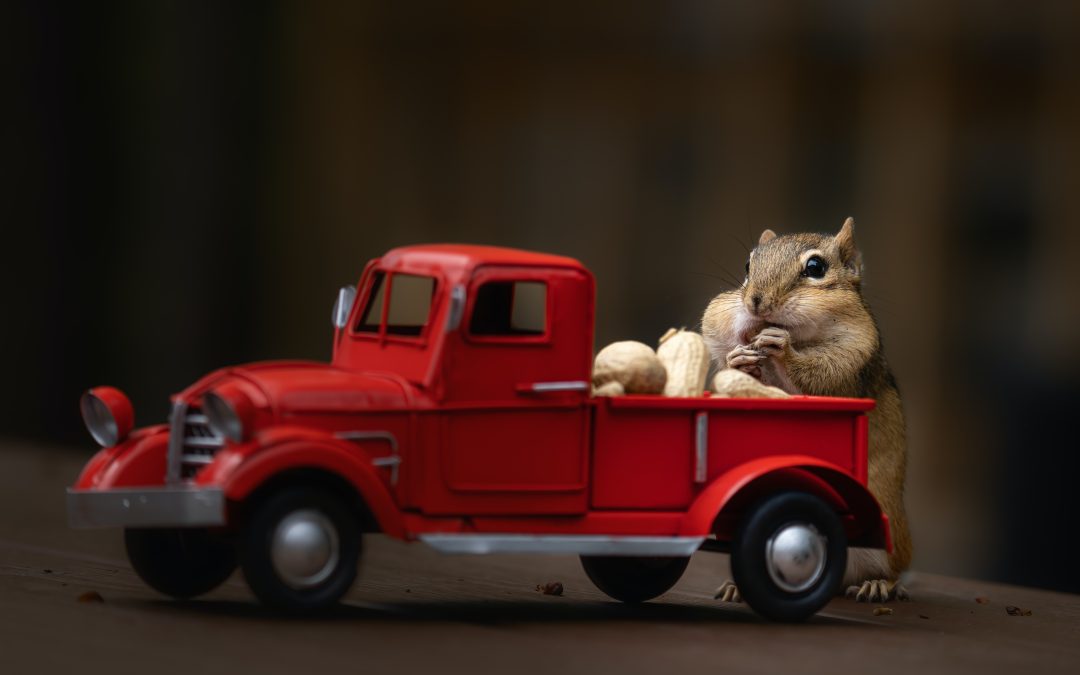Rodent damage to a vehicle can be a frustrating and costly problem to deal with. These pesky critters can gnaw on wires, hoses, and other important parts of a car, causing damage that can be difficult to detect and nearly impossible to locate. However, there are some signs that you can look for to tell if a vehicle has been affected by rodents.
1. Chewed wires and hoses: One of the most common signs of rodent damage is chewed wires and hoses. Rodents are known for gnawing on soft materials like rubber and plastic, so if you notice any frayed or chewed wires or hoses, it’s a good indication that rodents have been at work.
2. Nesting materials: Another sign of rodent damage is the presence of nesting materials, such as bits of insulation or shredded paper, in and around the vehicle. This can be found inside the engine compartment, inside the cabin, or in the trunk.
3. Strange noises: Rodents can damage important parts of a vehicle, such as the alternator, starter, and other electrical components. If you notice strange noises coming from the engine, it could be a sign of rodent damage.
4. Unusual smells: A musty or musky smell can be an indication that rodents have made a home in your vehicle. This smell can be found in the cabin, in the engine compartment, or even in the exhaust system.
5. Droppings: If you find droppings in or around the vehicle, it’s a sure sign that rodents have been present. Droppings can be found in the engine compartment, inside the cabin, or in the trunk.
If you suspect that your vehicle has been affected by rodent damage, it’s important to have it checked out by a mechanic shop as soon as possible. Ignoring the problem can lead to costly repairs down the road.
Preventing rodent damage can be done by keeping your vehicle clean and free from food debris, as well as regularly checking for holes or openings where rodents can enter the vehicle, and sealing them if necessary.
In summary, if you suspect that your vehicle has been damaged by rodents, it’s important to have your vehicle checked by a mechanic shop to prevent costly repairs down the road.



